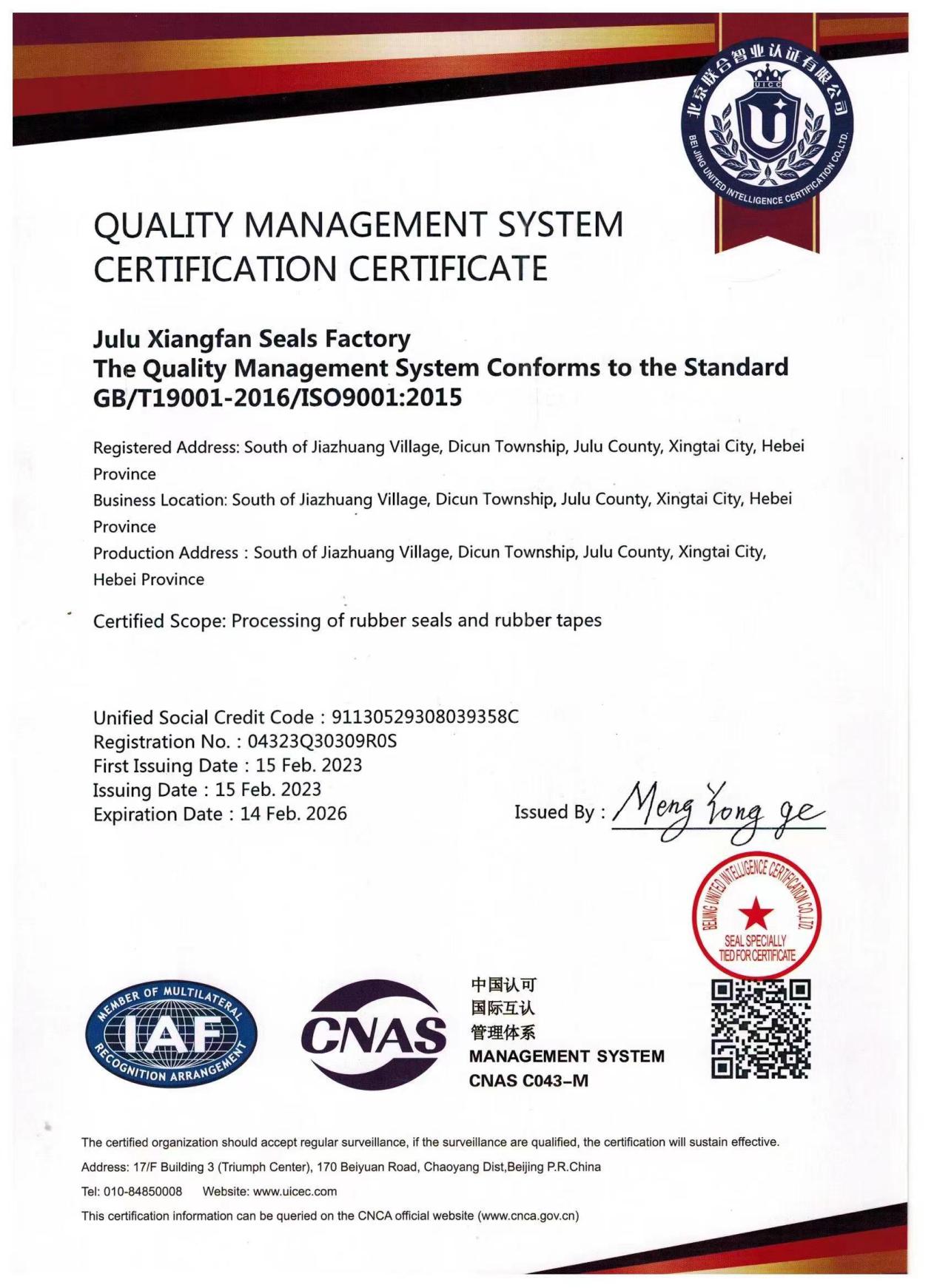Understanding Self Vulcanizing Tape A Versatile Solution for Seal and Repair
Self-vulcanizing tape is a specialized adhesive tape designed to create a strong, water-resistant seal, making it an invaluable tool in various fields, from electrical work to plumbing and automotive repairs. This unique tape is typically made from a synthetic rubber material that possesses the ability to bond and vulcanize with itself when stretched or overlapped. Its remarkable properties have made it a go-to solution for many professionals and DIY enthusiasts alike.
What is Self Vulcanizing Tape?
Self-vulcanizing tape, often referred to as self-fusing or self-bonding tape, is a non-adhesive tape that forms a permanent bond when layers are pressed together. Unlike traditional tape that uses a sticky adhesive to hold things in place, self-vulcanizing tape relies on its own material integrity. When the tape is applied with tension and overlapped, it creates a solid mass, sealing the surfaces beneath it. This property is particularly beneficial for applications where heat, moisture, or chemicals might degrade standard adhesives.
Key Features and Benefits
1. Waterproof Seal One of the most critical features of self-vulcanizing tape is its ability to create a waterproof barrier. This characteristic makes it ideal for use in outdoor environments or areas subject to moisture, such as plumbing repairs, electrical insulation, and automotive applications.
2. Temperature Resistance Self-vulcanizing tape can withstand a wide range of temperatures, allowing it to be used effectively in various conditions. It maintains its integrity in extreme heat and cold, making it suitable for both indoor and outdoor applications.
3. Electrical Insulation In electrical applications, self-vulcanizing tape provides a high level of insulation, protecting wires and connections from moisture and corrosion. It can insulate and seal wire splices, ensuring a safe electrical connection.
self vulcanizing tape

4. Ease of Use Implementing self-vulcanizing tape is straightforward. Unlike traditional methods that may require additional tools or adhesives, this tape can be applied by hand, requiring minimal preparation. Simply clean the surface, peel the tape, stretch it as needed, and wrap it around the desired area.
5. Versatility This type of tape can be used in a myriad of applications, including repairing hoses, insulating electrical connections, sealing pipes, and even securing loose or damaged objects. Its versatility makes it a must-have in toolkits across various industries.
Applications of Self Vulcanizing Tape
Self-vulcanizing tape is used in several industries, including
- Electronics Used for insulating connections and protecting components from moisture. - Automotive Ideal for repairing hoses, covering exposed wires, and protecting electrical connections from corrosion. - Plumbing Effective for sealing leaks in pipe systems and quickly addressing water damage. - Construction Utilized for temporary fixes and installations where fast sealing is required.
Conclusion
Self-vulcanizing tape is an essential tool that combines innovation with practicality. Its ability to create a strong, waterproof seal without the need for sticky adhesives sets it apart from other types of tape. Whether for electrical applications, plumbing repairs, or automotive maintenance, this tape offers a reliable solution that simplifies the repair process and saves time. For anyone involved in DIY projects or professional trades, having self-vulcanizing tape on hand is undoubtedly valuable. Its ease of use, versatility, and robust performance make it a friendly helper for tackling a variety of tasks, ensuring a long-lasting solution to sealing and repairing needs.
-
XIANGFAN Rubber Tape-Ultimate Solutions for All Your Insulation NeedsNewsJun.24,2025
-
XIANGFAN Rubber Tape-Protection for Industrial and Residential ApplicationsNewsJun.24,2025
-
XIANGFAN Rubber Tape: Superior Safety and Sealing for Demanding EnvironmentsNewsJun.24,2025
-
XIANGFAN Rubber Tape: Reliable Solutions for Every Electrical ChallengeNewsJun.24,2025
-
XIANGFAN Electrical & Industrial Tape: Powering Reliability Across IndustriesNewsJun.24,2025
-
XIANGFAN Electrical & Industrial Tape: Excellence in Every ApplicationNewsJun.24,2025
